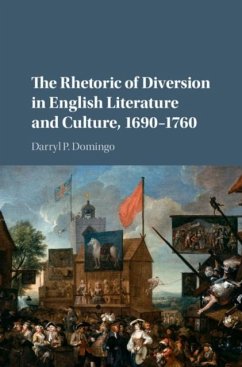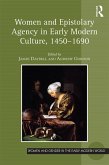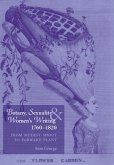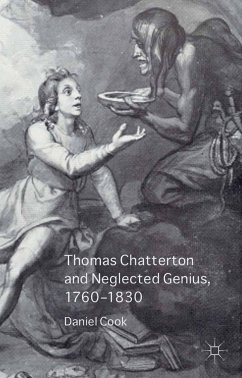Why did eighteenth-century writers employ digression as a literary form of diversion, and how did their readers come to enjoy linguistic and textual devices that self-consciously disrupt the reading experience? Darryl P. Domingo answers these questions through an examination of the formative period in the commercialization of leisure in England, and the coincidental coming of age of literary self-consciousness in works published between approximately 1690 and 1760. During this period, commercial entertainers tested out new ways of gratifying a public increasingly eager for amusement, while professional writers explored the rhetorical possibilities of intrusion, obstruction, and interruption through their characteristic use of devices like digression. Such devices adopt similar forms and fulfil similar functions in literature as do diversions in culture: they 'unbend the mind' and reveal the complex reciprocity between commercialized leisure and commercial literature in the age of Swift, Pope, and Fielding.
Dieser Download kann aus rechtlichen Gründen nur mit Rechnungsadresse in A, B, BG, CY, CZ, D, DK, EW, E, FIN, F, GR, HR, H, IRL, I, LT, L, LR, M, NL, PL, P, R, S, SLO, SK ausgeliefert werden.









